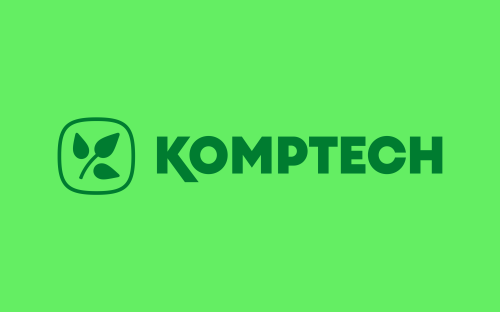A big plus: Compatibility
The decision to go with Komptech machines 5 years ago was based on “design and quality,” as Schmidt puts it. Before that LAV had used machines from another vendor for almost three decades. Operations Manager Andreas Kanters tells why they switched, pointing to the Maxx. “The scooped conveyors on Komptech screeners concentrate the screen material on the belt so there is only minimal trickle, which would otherwise get the machine dirty or clog it up. That really boosts our productivity.” Another advantage he sees is the foldout function for drum changes. “It’s absolutely problem-free and takes only 10 minutes,” he says.
Smooth drum change is very important for LAV, since they not infrequently change screening grades several times during the same day. Schmidt: “Over the years we’ve invested in a wide assortment of screen drums to make our special substrates. The fact that we could keep using them with Komptech was a major factor in our decision to buy.” Ultimately it was the rigorous customer focus in Komptech’s after-sales service that got them the nod, he notes. Kanters adds, “If there is a problem with a machine, we typically get an immediate fault analysis with suggested solution online or by phone. If necessary, a service technician can usually be here within a couple of hours.





